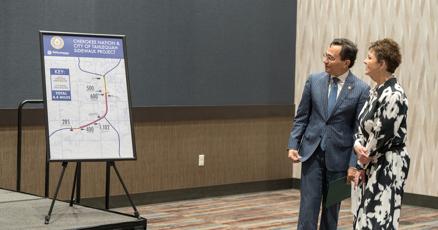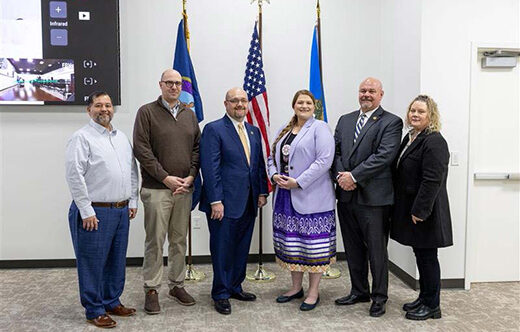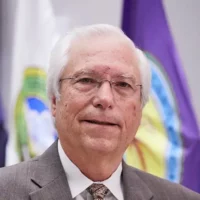An Oklahoma Success Story
In 2004, Oklahomans overwhelmingly approved a referendum to allow Class III tribal gaming. Together, the state and tribes worked diligently to forge an agreement that has provided new revenues for education, helped preserve the Oklahoma horse industry and contributed billions of dollars to the state economy.
The success of the state-tribal gaming compact is indisputable, and it has far exceeded original estimates. To date, tribes have paid the state more than $1.5 billion in exclusivity fees. And in 2017 alone, the tribal nations of Oklahoma:
- Generated $12.9 billion in economic impact
- Supported 96,177 jobs
- Paid $4.6 billion in wages and benefits
- Saved the state $88 million by requiring no state matching Medicaid funds
- Invested an additional $198 million in support of education
- Contributed $200 million toward roads and bridges
A Divisive Dispute
The 2004 gaming compact, after meeting requirements necessary for renewal, automatically renewed for a successive 15-year term on January 1, 2020. However, that renewal did not come without challenge.
In a July 2019 editorial, Oklahoma Gov. Kevin Stitt called for the gaming compact to be negotiated. He adopted a position that the compact would expire at the end of 2019 and he was seeking a rate increase. The united response from tribal nations was that they were open to a rate discussion once Gov. Stitt acknowledged the compact’s automatic renewal.
The governor’s refusal to acknowledge the renewal led to a divisive dispute and an erosion of the goodwill that had been built over decades with successive Oklahoma governors. It culminated in a costly legal battle — Gov. Stitt spent more than $1.5 million arguing his interpretation of the compact — a case that was ultimately decided in favor of the tribes.
Please review our associated collection of documents including correspondence, legal filings and statements. View our collection of TV spots.
Featured News


Cherokee Nation and Tahlequah announce sidewalk project spanning 4.4 miles


Repurposed emergency facility reflects Chickasaw Nation’s disaster preparedness


